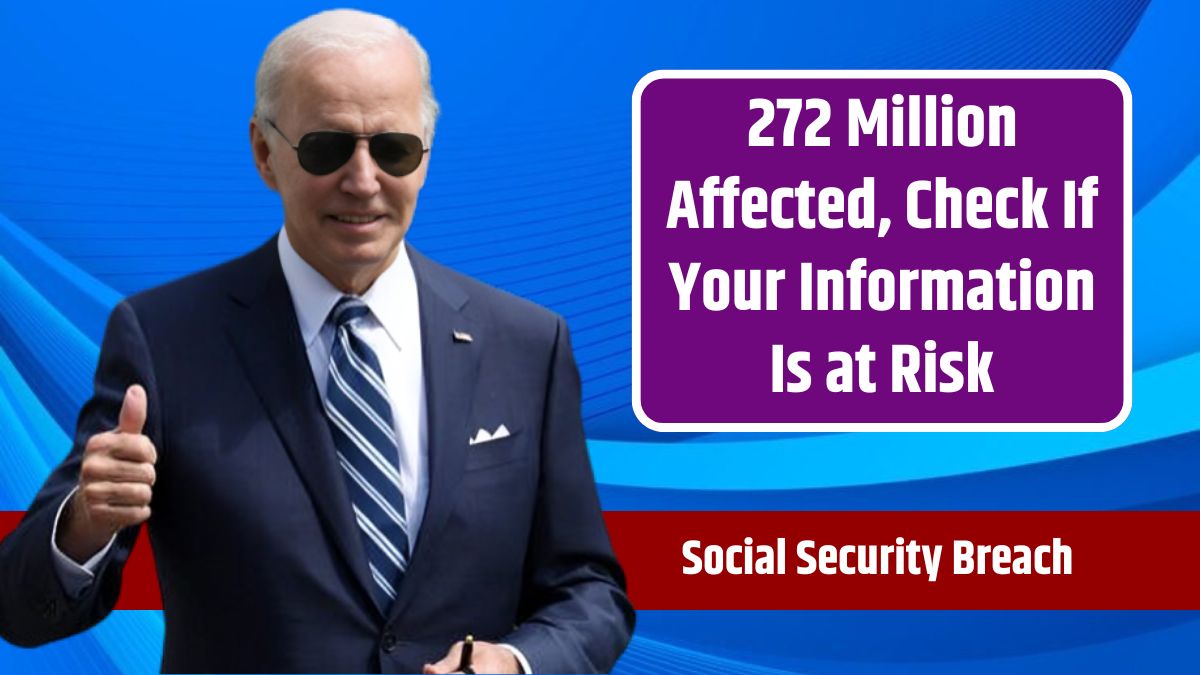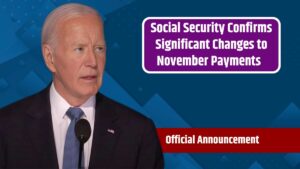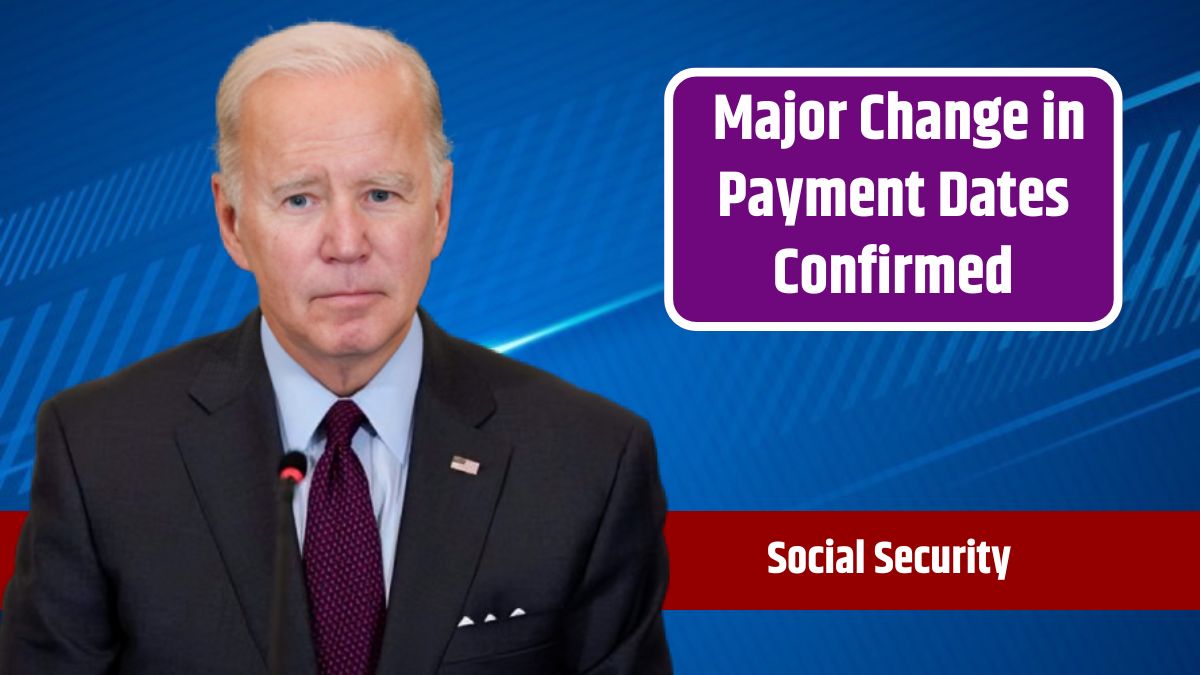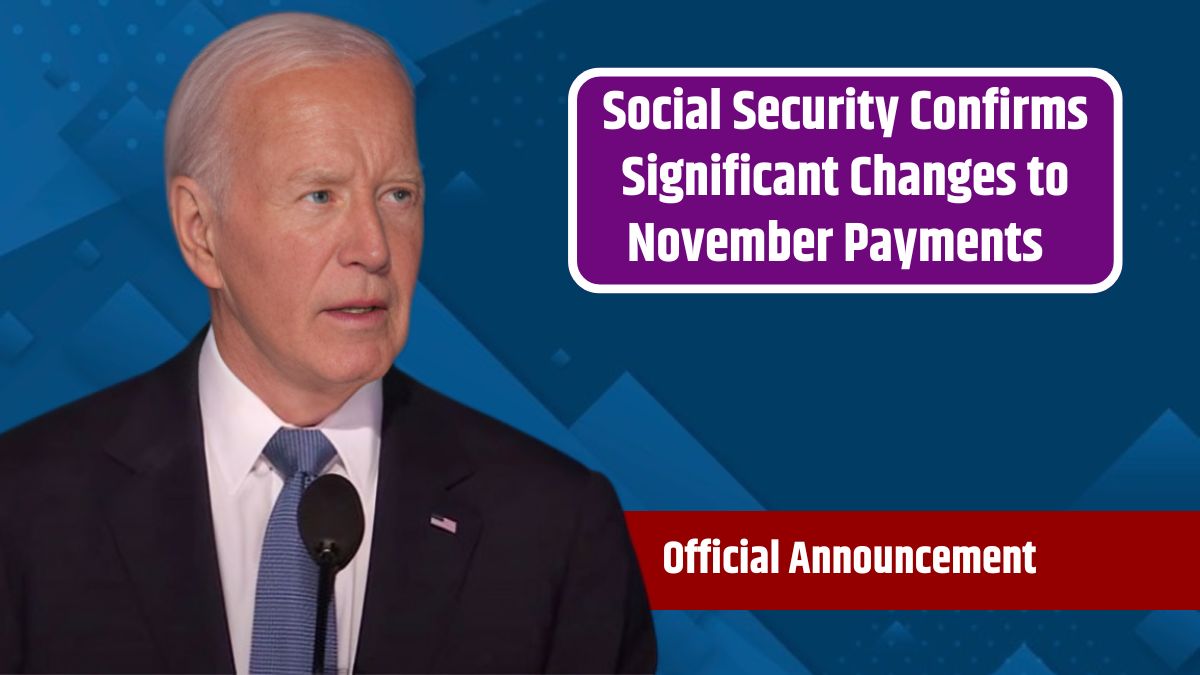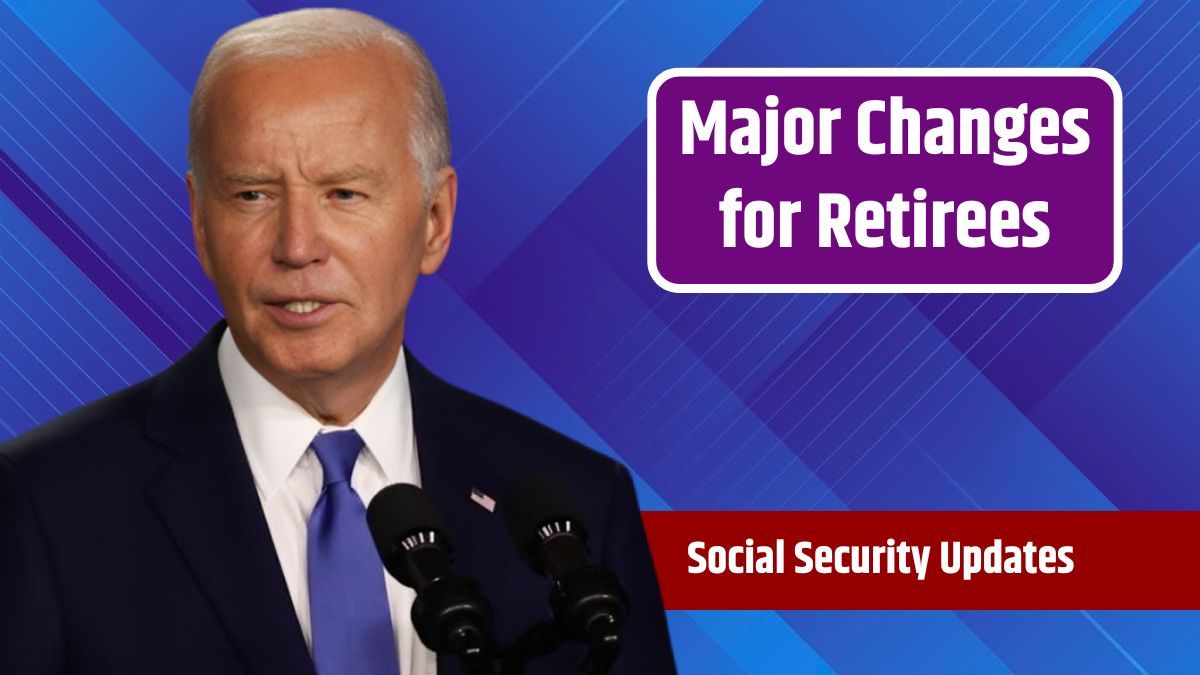A massive data breach has shaken the cybersecurity world, putting millions of Americans’ Social Security Numbers (SSNs) at risk. The breach involved National Public Data (NPD), a background check company based in Florida. This attack has disclosed, the personal information of 272 million individuals, raising concerns over identity theft and fraud. With the increasing reliance on digital systems, incidents like this emphasize the need for stronger data protection measures.
Breach
In April 2024, hackers known as “USDoD” breached NPD’s systems, stealing a vast trove of sensitive data. The breach went public when the stolen data was advertised for sale on hacker forums for $3.5 million. By August, parts of the stolen information resurfaced on dark web marketplaces. The breach reportedly involves around 2.7 billion records, each containing full names, addresses, SSNs, dates of birth, and more. The depth of this information poses a serious risk to the affected individuals.
Threats
The breach poses alarming risks of identity theft and fraud. Security experts warn that the stolen data could be used for various illegal activities, such as hacking, unauthorized account creation, and accessing financial systems. The leaked information provides criminals with the tools to reset passwords or gain access to banking, insurance, and investment accounts. Worse, cybercriminals can combine this data with other breached information to build detailed profiles of potential victims.
Steps
In light of this breach, experts recommend several immediate actions to protect oneself:
- Freeze Credit: Freezing credit with major bureaus (Equifax, Experian, and TransUnion) prevents criminals from opening new accounts in your name.
- Dark Web Monitoring: Consider subscribing to services that alert you if your personal data appears on dark web markets.
- Strengthen Passwords: Use unique and complex passwords for all accounts. Implement two-factor authentication (2FA) to add another layer of protection.
- Stay Vigilant: Monitor your financial accounts and report any suspicious activities immediately.
These steps can help minimize the damage from a breach and prevent future attacks.
Protection
The NPD breach serves as a critical reminder of the importance of personal data protection in the digital age. While the short-term effects might not immediately impact everyone, the long-term consequences could be devastating. With so much personal information available to cybercriminals, the potential for sophisticated scams and fraud increases dramatically.
This incident also raises important questions about the responsibilities of companies that handle sensitive personal data. As the frequency of data breaches continues to rise, organizations must prioritize robust security measures and legal protections for customer data. Consumers, too, need to remain proactive about securing their personal information.
Reminder
This breach highlights the growing risks to personal data in a rapidly connected world. It serves as both a wake-up call and an opportunity for individuals to strengthen their cybersecurity practices. By taking steps like freezing credit, enhancing password security, and staying informed about potential threats, individuals can better protect themselves against the risks posed by data breaches.
In the end, the NPD breach underscores the need for enhanced cybersecurity measures across the board—from businesses to consumers. Although unsettling, this breach offers a chance for everyone to rethink their approach to personal data protection in today’s digital landscape.
FAQs
How can I protect my credit after a breach?
Freeze your credit with major bureaus to block unauthorized accounts.
What is the biggest risk from this data leak?
Identity theft, fraud, and hacking into personal financial accounts.
Should I change my passwords after a data breach?
Yes, use unique, strong passwords and enable two-factor authentication.
Can criminals use my stolen Social Security Number?
Yes, it can be used for identity theft, fraud, or accessing sensitive accounts.
What should I do if I notice suspicious activity?
Report any suspicious activity to your bank or relevant institution immediately.
